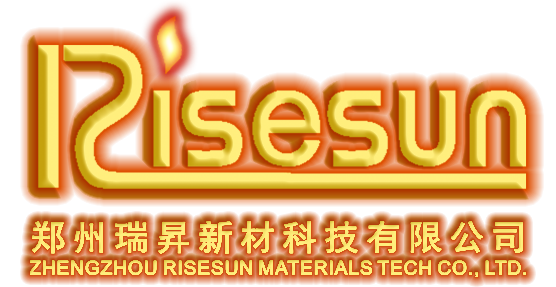03
2024
-
10
Exploring the Benefits and Applications of Molybdenum Disilicide Heaters
Molybdenum disilicide (MoSi2) heaters are a type of high-temperature heating element that have gained popularity in various applications due to their unique properties and capabilities. These heaters are made from a compound of molybdenum and silicon, which allows them to operate effectively at elevated temperatures, often exceeding 1600°C (2912°F). Their ability to withstand such extreme conditio
Molybdenum disilicide (MoSi2) heaters are a type of high-temperature heating element that have gained popularity in various applications due to their unique properties and capabilities. These heaters are made from a compound of molybdenum and silicon, which allows them to operate effectively at elevated temperatures, often exceeding 1600°C (2912°F). Their ability to withstand such extreme conditions makes them ideal for applications in industries such as ceramics, metallurgy, and semiconductor manufacturing.
One of the primary advantages of molybdenum disilicide heaters is their excellent thermal stability. Unlike traditional metallic heating elements, which can degrade or oxidize at high temperatures, MoSi2 elements maintain their structural integrity and performance over extended periods. This durability not only enhances their lifespan but also reduces maintenance costs and downtime in industrial processes.
Another significant benefit of molybdenum disilicide heaters is their efficient heating capabilities. They provide uniform heat distribution, which is crucial for processes like sintering, where even temperature control is essential for achieving the desired material properties. Their high thermal conductivity ensures rapid heating and cooling, making them suitable for applications that require quick response times.
Molybdenum disilicide heaters also exhibit resistance to thermal shock, which is an essential factor in environments where rapid temperature changes are common. This property minimizes the risk of cracking or failure, thereby enhancing the reliability of heating systems in critical applications.
In terms of applications, molybdenum disilicide heaters are widely used in laboratories for material testing, in the production of advanced ceramics, and in the manufacturing of electronic components. Their ability to reach high temperatures quickly and maintain stability makes them invaluable for industries where precision and efficiency are paramount.
When considering the integration of molybdenum disilicide heaters into your heating systems, it is essential to evaluate the specific requirements of your application. Factors such as temperature range, heating time, and material compatibility should be taken into account to ensure optimal performance and efficiency.
In summary, molybdenum disilicide heaters stand out as a superior choice for high-temperature heating applications due to their thermal stability, efficient heating properties, and resistance to thermal shock. Their versatility and reliability make them a preferred option in various industrial sectors, paving the way for advancements in electric heating technologies. By understanding the benefits and applications of these heaters, professionals can make informed decisions to enhance their operations and achieve better results in their respective fields.



